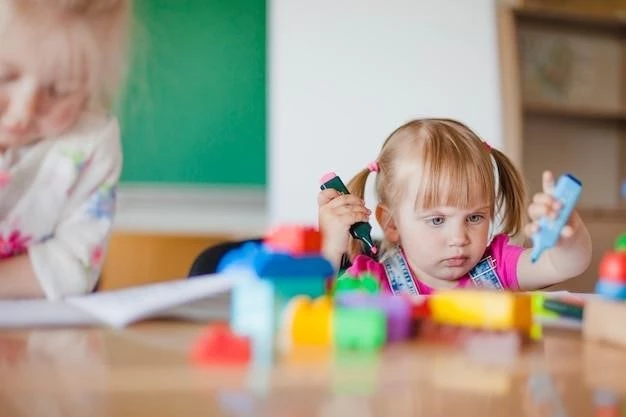Early childhood education, encompassing the years from birth to eight, plays a pivotal role in shaping a child’s future development, laying the foundation for lifelong learning and success. This critical period is characterized by rapid brain growth, language acquisition, and the development of social and emotional skills. Investing in early childhood education yields substantial benefits for individuals, families, and society as a whole.
Cognitive Development
The early years are a time of remarkable cognitive development. Children’s brains are highly malleable, absorbing information and developing neural connections at an astonishing pace. High-quality early childhood education programs provide enriching experiences that stimulate cognitive growth. Through play-based learning, children develop problem-solving skills, critical thinking abilities, and a love for learning. They learn to explore, experiment, and make sense of the world around them. This early foundation in cognitive development sets the stage for academic success in later years.
Language and Literacy
Language acquisition is crucial for communication, learning, and social interaction. Early childhood education programs foster language development through interactive storytelling, singing, and conversations. Children are exposed to rich vocabulary and grammar, enabling them to express themselves clearly and effectively. These programs also promote literacy skills, including reading comprehension and writing. The ability to read and write opens doors to knowledge and empowers children to navigate the world with confidence.

Social and Emotional Development
Early childhood education goes beyond cognitive skills, nurturing social and emotional development. Children learn to interact with others, build relationships, and develop empathy. Through collaborative activities and peer interactions, they learn conflict resolution, cooperation, and respect for diversity. These social and emotional skills are essential for success in school, work, and life. Children who develop strong social-emotional competencies are better equipped to manage their emotions, build healthy relationships, and contribute positively to society.

Health and Well-being
Early childhood education programs promote children’s physical, mental, and emotional well-being. These programs often include opportunities for physical activity, healthy eating habits, and access to health care services. They also provide a safe and supportive environment where children can thrive and develop a sense of belonging. By addressing children’s overall well-being, early childhood education contributes to their future health and happiness.
Economic and Societal Benefits
The benefits of early childhood education extend beyond individual children, impacting families and society as a whole. Research has shown that early childhood education programs can lead to increased earnings, higher levels of education attainment, and reduced crime rates. By investing in early childhood education, we create a more educated and productive workforce, strengthening the economy and improving societal well-being.
Conclusion
Early childhood education is a fundamental investment in our future. It lays the foundation for lifelong learning, social-emotional development, and overall well-being. By providing children with access to high-quality early childhood education programs, we empower them to reach their full potential and create a brighter future for themselves, their families, and society as a whole.










